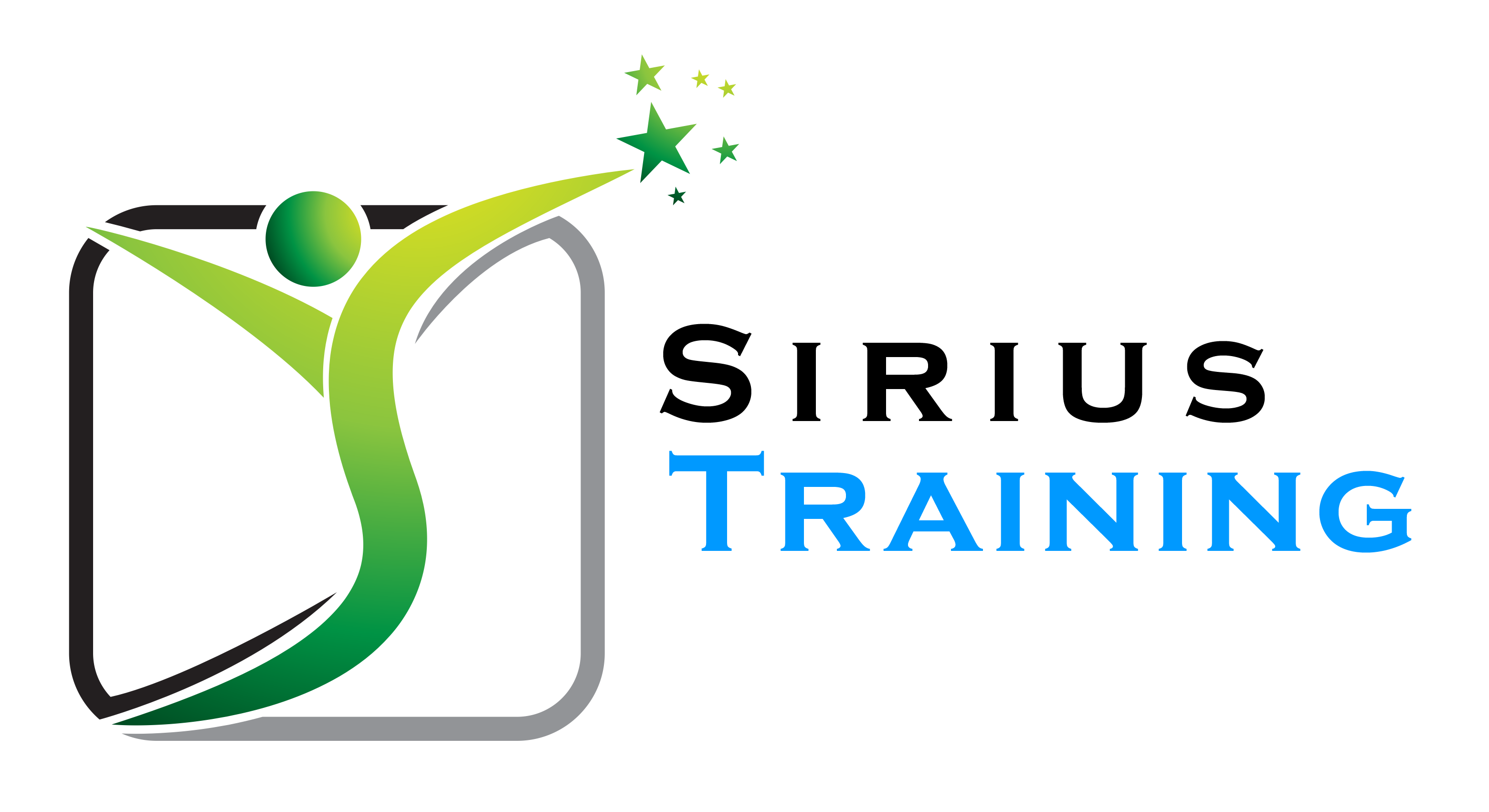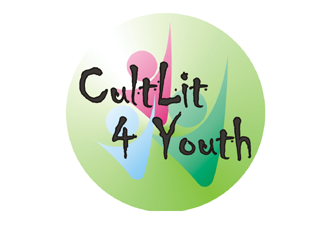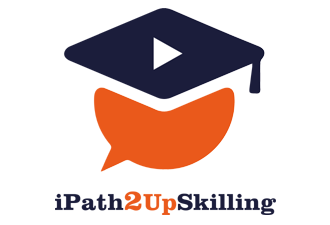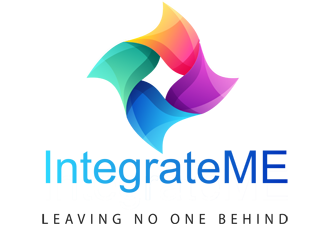CultLit4Youth project is focused on the role of Youth Workers/Trainers/Mentors in the promotion of Cultural Literacy of young people in Europe, giving emphasis on immigrants and refugees towards their smooth integration in the EU diverse society. Becoming culturally literate, young people will acquire the knowledge and skills to understand and participate in a given culture and be smoothly integrated in the society of EU, personally and professionally. Knowledge of diverse cultures, respect of beliefs and recognition of identities, through an intercultural approach, are decisive components that encourage the integration of young people, mainly immigrants and refugees, in European societies. Being culturally literate, could improve young people’s everyday personal and professional reality, especially youths of minority groups, who are called to live in their “new” socio-cultural environment, in which they will collectively work for the growth and social welfare of Europe. Recent research has shown the need and value of this project. It has shown that cultural literacy has the power to transform youths’, especially vulnerable youths’ lives through sharing knowledge, promoting inclusion, dialogue, tolerance and respect; and contributing to social cohesion ,It encourages integration and inclusion as processes built by vulnerable young people, such as immigrants and refugees, and host communities collectively and can help them socialise and express themselves freely in their new environment, which they understand better in new shared contexts they are called to live (https://ec.europa.eu/programmes/creative-europe/cross-sector/refugees-migration-intercultural-dialogue_en). It, also, prepares them to adapt to the host society and meet the needs of a diverse population without having to forego their own cultural identity (https://www.unhcr.org/463b462c4.pdf).
At the same time, ICT innovation is reshaping every aspect of our life (professional, social, educational, personal, etc), and so far has shown a great potential in affecting and improving it. In this sense, one aspect of our lives that is greatly affected is the development of virtual learning environments, which are considered to have a high degree of interactivity and complexity, not only due to the need of specialized and appropriate ICT learning environments but also due to the need of innovative didactic methods and learning material in order to maximise the effectiveness and efficiency of ICT available resources, as the educational activities must be comprehensive, aiming to meet the needs of tomorrow.
Aim
Having all these in mind, the purpose of CultLit4Youth project is to contribute to the development of a Beginner’s Guide to Cultural Literacy, accompanied by Curriculum on Cultural Literacy, a Pedagogical Handbook and an e-Learning Platform to train Youth Workers, who in chain will train young people towards their smooth integration in the diverse society of today’s inclusive Europe. This project aims to meet youths long-term need for knowledge, skills and competences acquisition regarding Cultural Literacy, in order to help their personal inclusion in diverse environments. This project is an international synergy between 5 European organisations with a transnational character, having as target groups Youth Workers, Youth Centres and educational organisations, and young people, focusing on minority groups, as final beneficiaries. They will jointly work to develop an educational toolkit (Beginner’s handbook, Training curriculum, Pedagogical handbook) extending their scope beyond the boarders of their countries in order to define common strategies for fostering critical thinking through the use of ICT tools on Cultural Literacy.
Objectives
The project has the following objectives:
1. To design innovative training contents and methodologies for Youth Workers on Cultural Literacy embracing effective use of ICTs
2. To increase the professional development (knowledge,skills, competences) of Youth Workers to effectively support young people, mainly immigrants and refugees in integrating themselves, through Cultural Literacy, in the diverse society of Europe,
3. Enhance pedagogical competences and skills development for effectively teaching issues related to Cultural Literacy,
4. Build a creative, motivating and positive learning environment for Youth Workers and young people.






